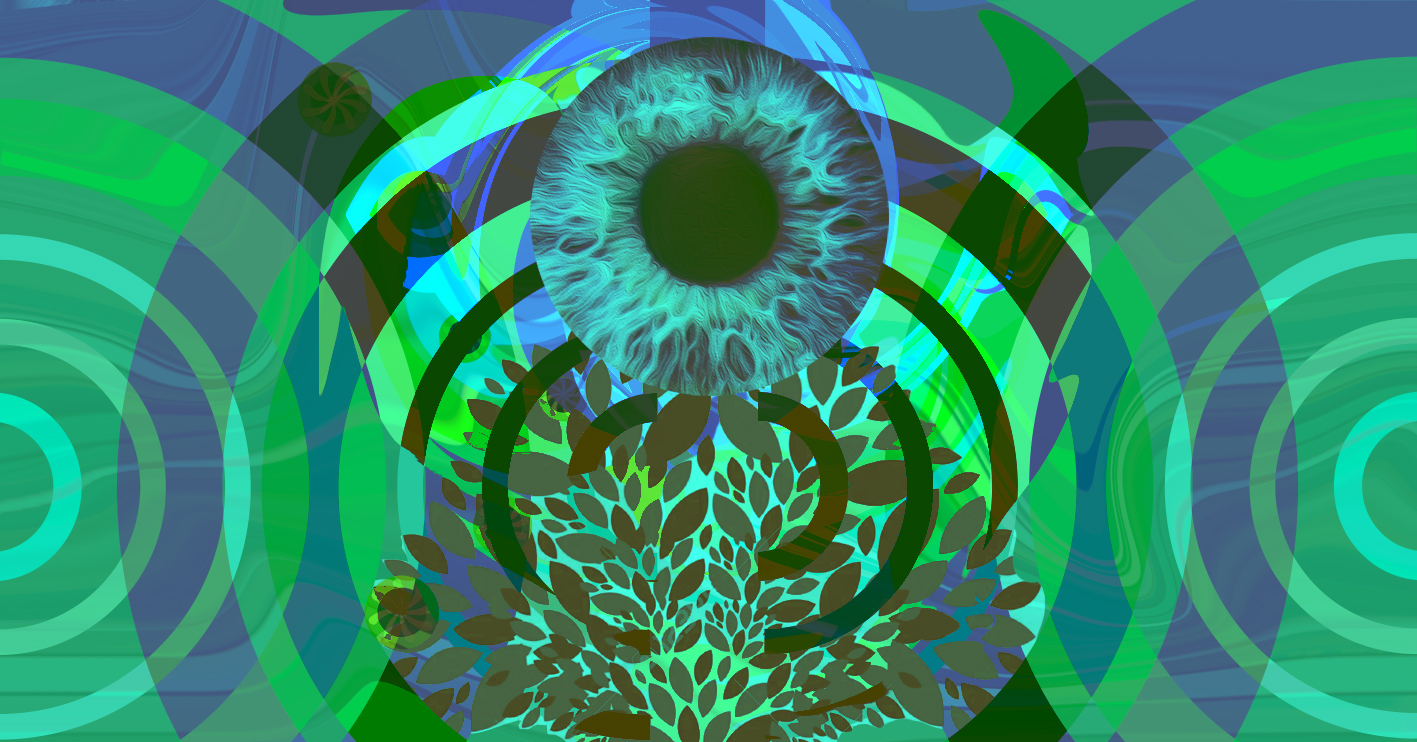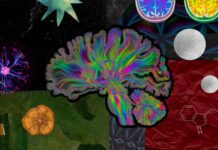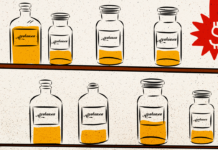- Personal Healing with Ayahuasca Helped Me Be a Better Psychotherapist - November 28, 2019
- The Island: Recovering Self, Culture and Place through Plant Medicine - November 15, 2018
Plant medicines can help us achieve a more integrated perspective on how we see ourselves and the world. This is an important goal that a therapist would hope to achieve with their clients. In my academic studies of psychology, there was much I learned about mental health from a conceptual standpoint. In truth, I needed to know it experientially to in order to effectively comprehend and implement it.
Through the psychotherapeutic process, as I understand it, our views refocus and we see clearly the resistances that obstruct harmony within us and in our relationships to others. We are led through our personal, familial, and collective histories, encountering tender areas in which deep insight lies, untangling ourselves from who we aren’t, and finding roadmaps to the most difficult terrain of the human experience.
Each neural twist becomes refined and illuminated and, in time, yields contentedness and resolve. A sense of self unfettered becomes less estranged to us, and we finally make sense of who we are and where we have been. This is the therapeutic experience, and the metamorphic catharsis described here illustrates particular moments in my journey with ayahuasca.
Much of my relief came through learning how to sit more meaningfully with my challenges and, in effect, change my perspective on them.
This learning took place in the throes of deep and unyielding chumas (the physical, psychological, and spiritual effects of the brew), where I began to envision wholeness once more and seek ways to replicate it in my daily life. Much of my relief came through learning how to sit more meaningfully with my challenges and, in effect, change my perspective on them. I had to see my sore spots and stop judging them, while recognizing their need for healing and growth. The resolve I reached was at times accelerated, though often gradual.

At one point, I was much more reliant on my intellect as my primary means of navigating the world. My academic performance and work life were my sole measures of self-worth, and my thought patterns were rigid and algorithmic. Consequently, my fears of failing, disappointing others, and facing ridicule kept me locked within myself. Discord colored the way I saw the world. An outlook like this is completely incompatible with any semblance of a healthy life, and it took a particularly harsh toll on me while completing graduate school.
I exited my graduate studies in psychology in need of some serious self-work. How could I hope to play a role in the betterment of others if I myself was persistently unwell? It was hard for me to have faith in my role as a therapist. I had to make peace with myself and others first, and I needed to go beyond my intellect to do so. Fortuitously, ayahuasca helped me with this.
It extended me an invitation to sit intimately with my own brokenness while learning to love each fragment of myself once more. The following personal stories illustrate significant breakthroughs with ayahuasca; ones so profound in nature that they helped me to form my therapeutic perspective.
Several years ago, I spoke to my father prior to a ceremony and opened up to him regarding some difficult moments in my life. I had tried to do so before, though it had always seemed to fall on deaf ears. It was different this time around. He listened attentively and heard me out. At that time, the air between us was quite bitter, and even our most simple interactions would easily escalate to verbal altercations. This was somehow all set aside in that moment, and allowed for clear and unhindered communication to flow between us.
I changed the way I viewed my father and it became difficult for me to persist with the same kind of interactions we had had before. Knowing that he too was hurt inside reduced my reactivity towards him and we seldom argue to this day.
That particular ceremony marked the beginning of me bettering my relationship with him. Each cup imbibed that evening was like a concentrated balm for the soul. In the visionary space, I was brought back to my past to bear witness to myself as a child growing up. I looked into this piece of personal history not through my own eyes but through those of my father. It wasn’t just seeing however; I found myself inhabiting his entire emotional experience. I understood then how much he too had suffered, and how he had suffered even more due to not having a healthy means of expressing it. Before this, I never knew him as an emotional being, and knowing this through firsthand experience left little room for antagonism. I changed the way I viewed my father and it became difficult for me to persist with the same kind of interactions we had had before. Knowing that he too was hurt inside reduced my reactivity towards him and we seldom argue to this day.
I don’t find that ayahuasca made things any less hard for me. In sharp contrast, it helped me to develop an attitude fit to face difficulty as it arose.
As I have learned, the desire to make changes in your life is directly coupled with facing the necessary challenges to help you get there. I don’t find that ayahuasca made things any less hard for me. In sharp contrast, it helped me to develop an attitude fit to face difficulty as it arose.

My life remained on hold after graduate school, and I remained immersed in my process of healing. My ongoing work with ayahuasca during this period promoted intense self-reflection amidst my discomfort. I eventually reached a point where I felt ready to step back into the world, and I requested a personal ceremony to help me move forward with my life.
The medicine peeled back many layers, and I viewed the transmission of trauma through my mother’s lineage and observed firsthand how it was passed on to me.
An elder blessed and administered a potent brew with great care. My sincere intentions to heal were spoken at points throughout the ceremony and the precise feedback from the elder helped to guide my focus. I drank each cup as though I was reclaiming a piece of myself with every drop. The visions induced brought me to tears and the heaviness of the brew left me collapsed before my bucket. I physically purged so much that evening that my body hurt for days. The medicine peeled back many layers, and I viewed the transmission of trauma through my mother’s lineage and observed firsthand how it was passed on to me. Each passing moment that night brought me deeper into a collective wound where I finally cut ties with what was not mine. This set the stage for a healthy transition back into life after spending years living a more transient lifestyle. I resumed my role in the therapy world, and currently remain in the process of licensure as a Marriage and Family Therapist.
Some years later, I met a centenarian master with whom I drank over the course of a few weeks. During one particular toma (literally, drinking medicine; ceremony), I felt dominated by a sense of deep despair familiar to me in my youth. I went fully into my wounded child self and remained there for a few days. Though I could hardly speak nor hide the way I was feeling, I tried not to think much of it. Sitting with this feeling, though, was a necessary piece of prep work for the ceremony that followed.
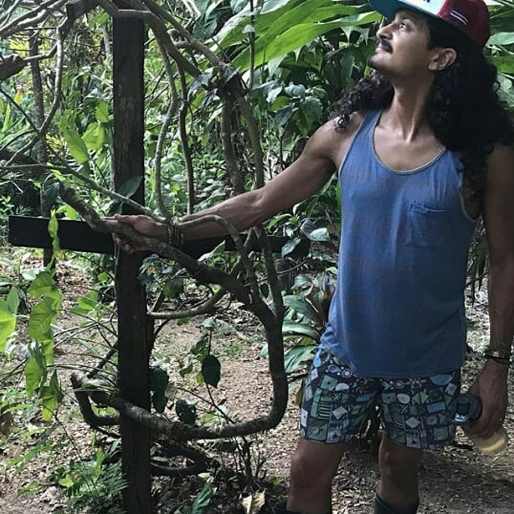
Each wave penetrated on a cellular level and revealed to me moments in my life in which I had become stuck in specific developmental phases.
We drank a final time close to the date of my departure. I worked side-by-side with a highly accomplished disciple of the old master, and we harvested and prepared the medicine that day. I foolishly thought that it would be mild, as there was significantly more vine used than leaf. We hung our hammocks that evening and drank: the master, the disciple, and I. I was still in low spirits from the previous ceremony, and the brew, though having had a delayed fuse, rushed like a tide when it came on. The chuma engulfed me and I saw straight into the source of my old despair as soul shaking waves shot through me. Each wave penetrated on a cellular level and revealed to me moments in my life in which I had become stuck in specific developmental phases. These scenarios played out before my eyes, and I fully reexperienced each one on an emotional level, inviting in the resolve that I hadn’t had access to prior.
The few journeys I have shared here have outcomes incredibly psychotherapeutic in nature. They allowed me to have a better understanding of how to effectively confront psychic distress within a personal and professional context. In a sense, the architecture of these disturbed thoughtforms was revealed to me, along with some of the common beliefs and thought patterns that allow them to exist in the first place. Such experiences were vital in restoring my confidence to practice as a therapist. Because of them, I no longer know wellness as a mere conceptual possibility.
Ayahuasca and other entheogens can be vehicles of immense self-reflection. The many evenings of medicine brought me to a dynamic stillness in which it was easier to recognize wholeness in myself once more. The deep work allowed me to implement meaningful changes in my life and permitted a suspension of the perturbations of my mind.
This re-attunement could not be applied to myself alone, and the awareness gained through these experiences finds its unique expression in the therapy room. The learning with ayahuasca is on-going and transcends an intellectual level, and the experiential learning it offers can yield great shifts in perspective that encourage us to be present before our challenges while maintaining awareness of our capabilities. The process that it initiates is marked by moments of acceleration and stagnation, and the therapeutic experience shares this intermittent rhythm as well.
The ongoing journey continues to inform my therapeutic perspective, and as such, it is hard to separate my contributions to the field from the many experiences that I have had to reflect upon. Their meaning and significance add immeasurable depth to my practice of therapy while helping me to live the example of the changes that I wish to facilitate in others.
Lastly, I would like to dedicate this piece to my dear friend Leonel, who I accompanied as a student on my most recent trip to the Amazon. He left this plane unexpectedly on October 1, 2019. He will always be known and remembered as a father, husband, friend, and healer. He spent over 25 years in dedicated study to the powerful curative potential of this medicine, and had indeed experienced, witnessed, and facilitated many healings like the ones described above. He learned directly from the old master himself, who referred to him affectionately as Compadre. He, like his master, upheld this sacred science in a lighthearted manner though with the highest respect to its profundity. May he be forever thought of with love.
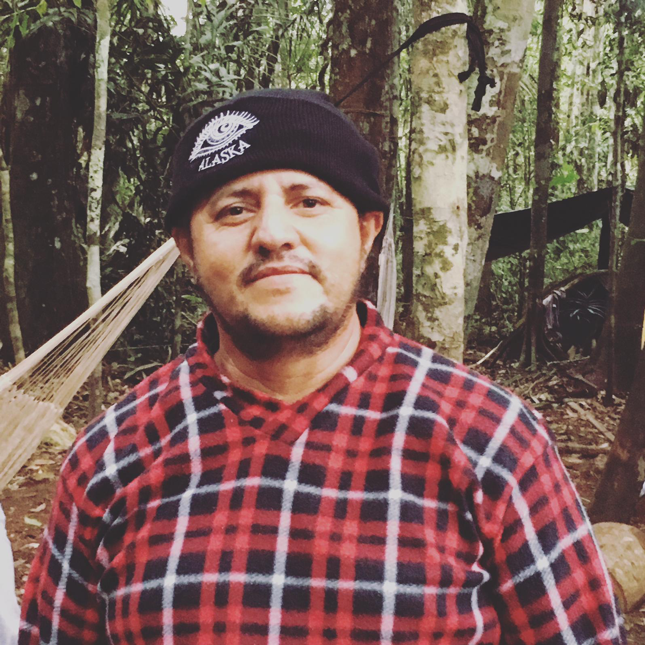
Join us at the Psychedelic Liberty Summit
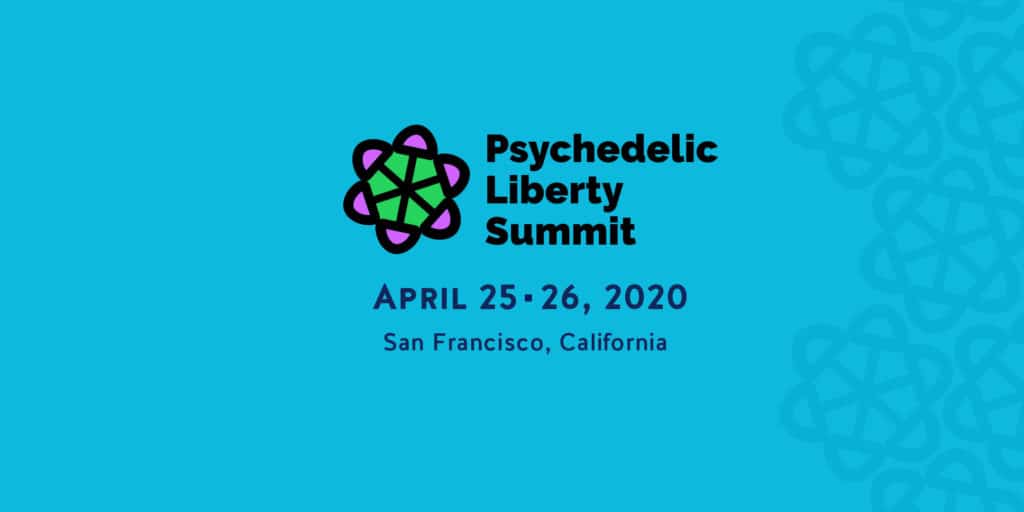
Take a minute to browse our stock:
Did you enjoy reading this article?
Please support Chacruna's work by donating to us. We are an independent organization and we offer free education and advocacy for psychedelic plant medicines. We are a team of dedicated volunteers!
Can you help Chacruna advance cultural understanding around these substances?


